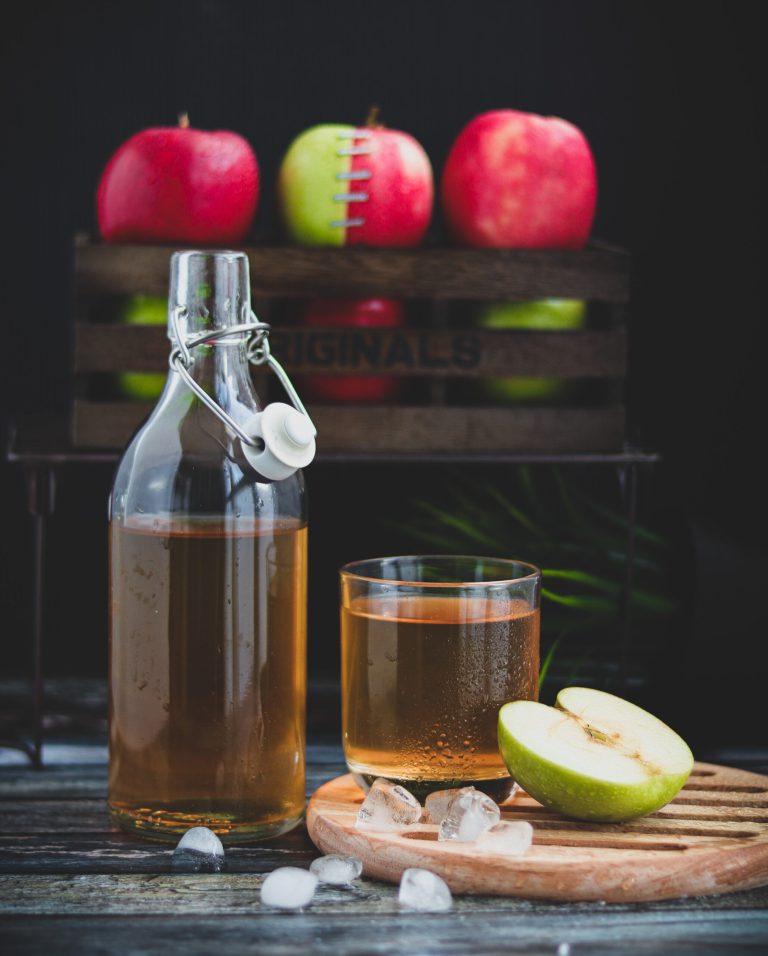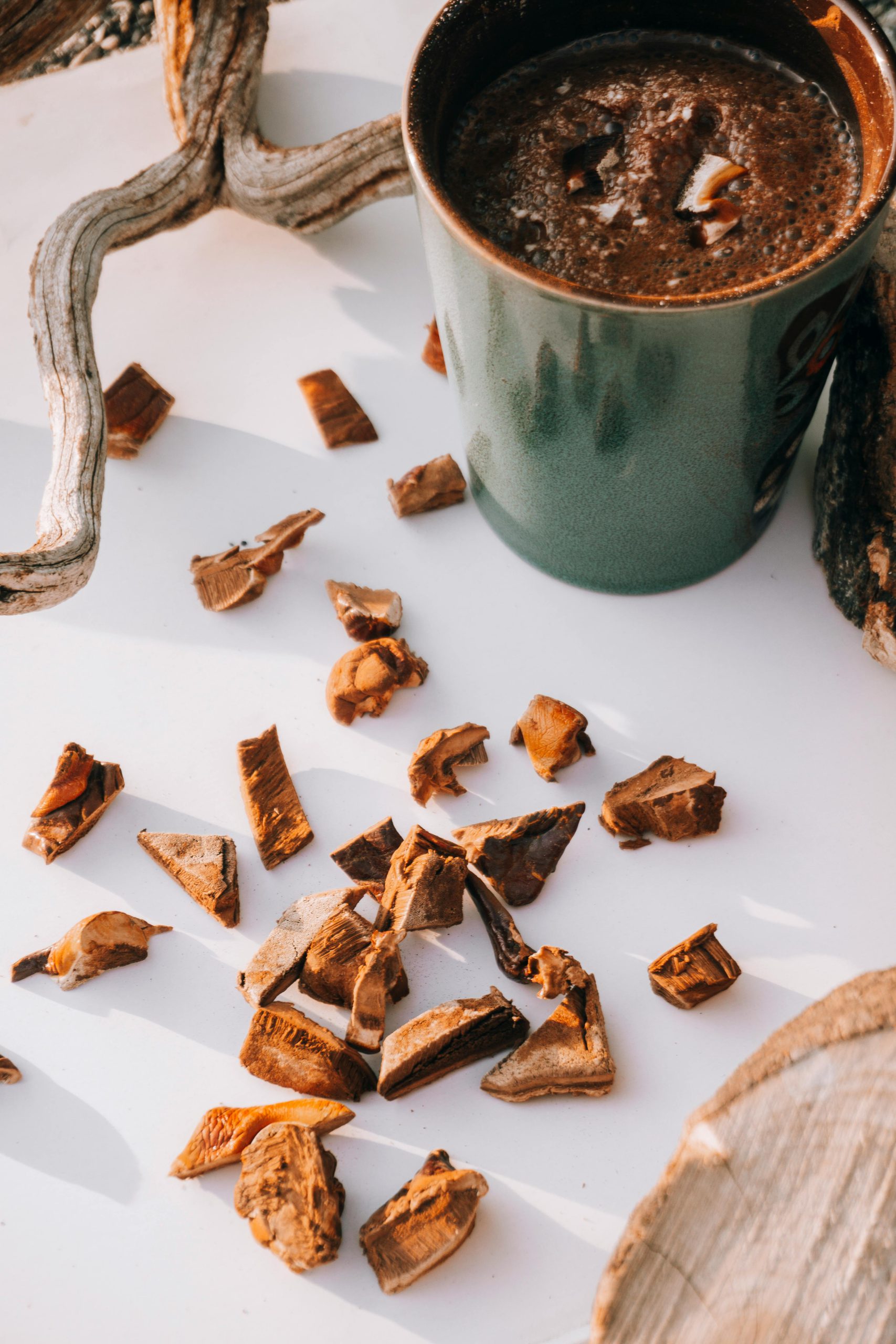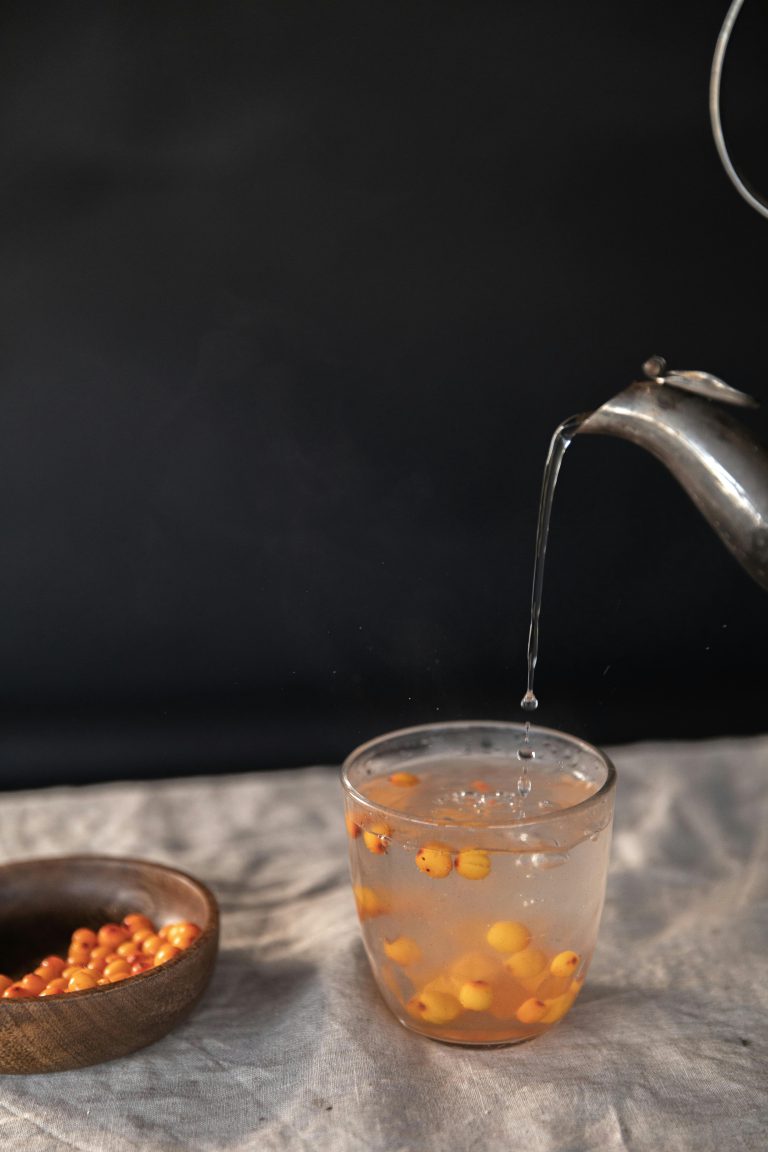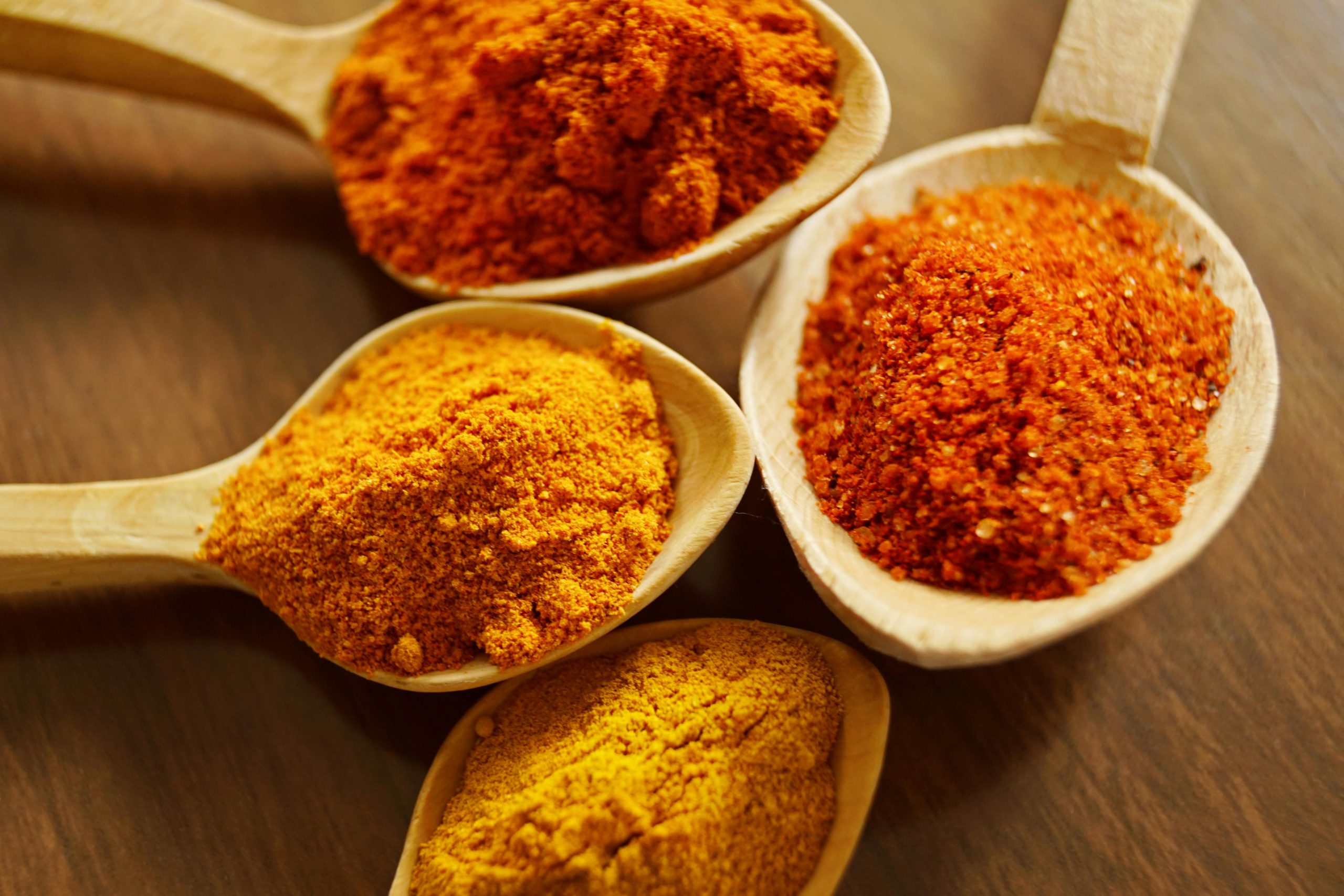Did you know that apple cider vinegar can be beneficial for individuals with high blood sugar and triglyceride levels? How exactly does it impact the body, and what is the recommended dosage for experiencing its positive effects?
Did you know that…
- Apple cider vinegar is most often used as an addition to salads or marinades
- Studies show that consuming 15-30 ml (1-2 tablespoons) of apple cider vinegar a day for two months has improved parameters such as cholesterol and glucose levels
- We explain how to choose a good apple cider vinegar that will have the most healthy properties
Introduction
For thousands of years, vinegar has been recognized as one of the oldest fermented products. There is extensive documented evidence that it was highly regarded as a favorite spice, preservative, and thirst-quenching beverage in ancient Babylonia.
Apple cider vinegar is produced through anaerobic alcoholic fermentation of apples with yeast, followed by aerobic acetic acid bacteria (AAB) biosynthesis of acetic acid. This vinegar has been a staple in Polish cuisine, used as an ingredient in salads, sauces, meat marinades, and even in folk medicine as a remedy for heartburn, nausea, colds, and hair loss. Its consumption offers numerous health benefits.
Apple cider vinegar contains crucial ingredients required for vital life processes, such as amino acids, minerals (iron, fluorine, potassium, calcium, copper, magnesium, sodium, phosphorus, sulfur, silicon), and vitamins, including B1, B2, B6, C, E, P, and substantial amounts of beta-carotene. Due to the presence of pectins, it has a favorable impact on the microbiome, while aiding in the treatment of anemia by increasing iron absorption.
Health Benefits
Consumption of 15-30 ml of apple cider vinegar daily for 8 weeks lowered serum total cholesterol by an average of 6 mg/dl, fasting plasma glucose by 8 mg/dl, and HbA1C by 0.5 units. There was no significant effect of apple cider vinegar consumption on serum LDL-C, HDL-C, fasting insulin or HOMA-IR. In addition, a significant reduction in total cholesterol and serum triglycerides was observed in the group of patients diagnosed with type 2 diabetes.
Animal experiments have shown that apple cider vinegar has various pharmacological functions, including antioxidant, anti-inflammatory, antidiabetic, antihypertensive and antihyperlipidemic.
Which Apple Cider Vinegar to choose?
For optimal benefits, the most healthful type of vinegar is unpasteurized, unfiltered, and unheated. Consequently, the finest quality vinegar would be naturally cloudy, viscous, and dark. It may display foam on the surface and sediment at the bottom of the bottle, which does not indicate any fault with the product. On the contrary, it confirms that the vinegar is of the highest quality and freshness. Preparing such vinegar is straightforward and can be accomplished effortlessly.
How To Make Homemade Apple Cider Vinegar? [BONUS]
To make homemade apple cider vinegar, begin by crushing the apples with a meat mallet, then pour cooled, boiled water over them and cover them with gauze. Leave the mixture in a warm area for several weeks, ensuring it is covered with a cloth. You may also add 2–3 tablespoons of sugar per liter of water to accelerate the process.
Once the mixture stops foaming and no more bubbles appear, the fermentation process is complete.
The final product should have a sweet and sour taste, a pleasant aroma of apples, and be cloudy in appearance.
Given its delightful flavor and health advantages, incorporating homemade apple cider vinegar into your kitchen is unquestionably worthwhile.







